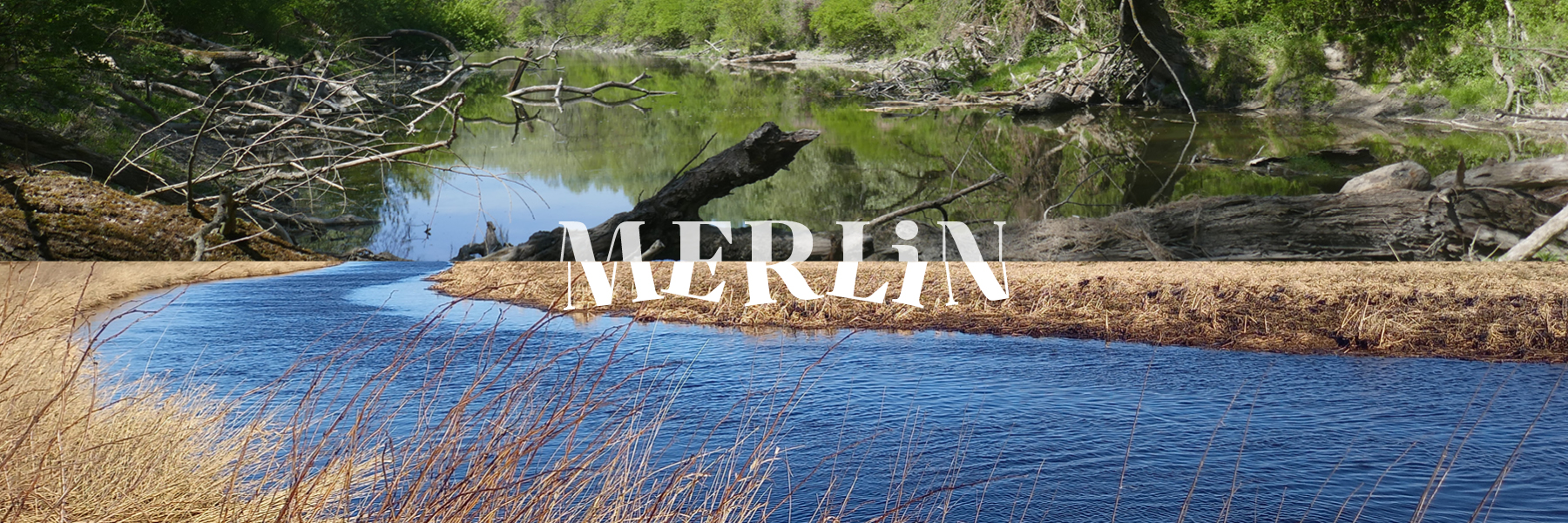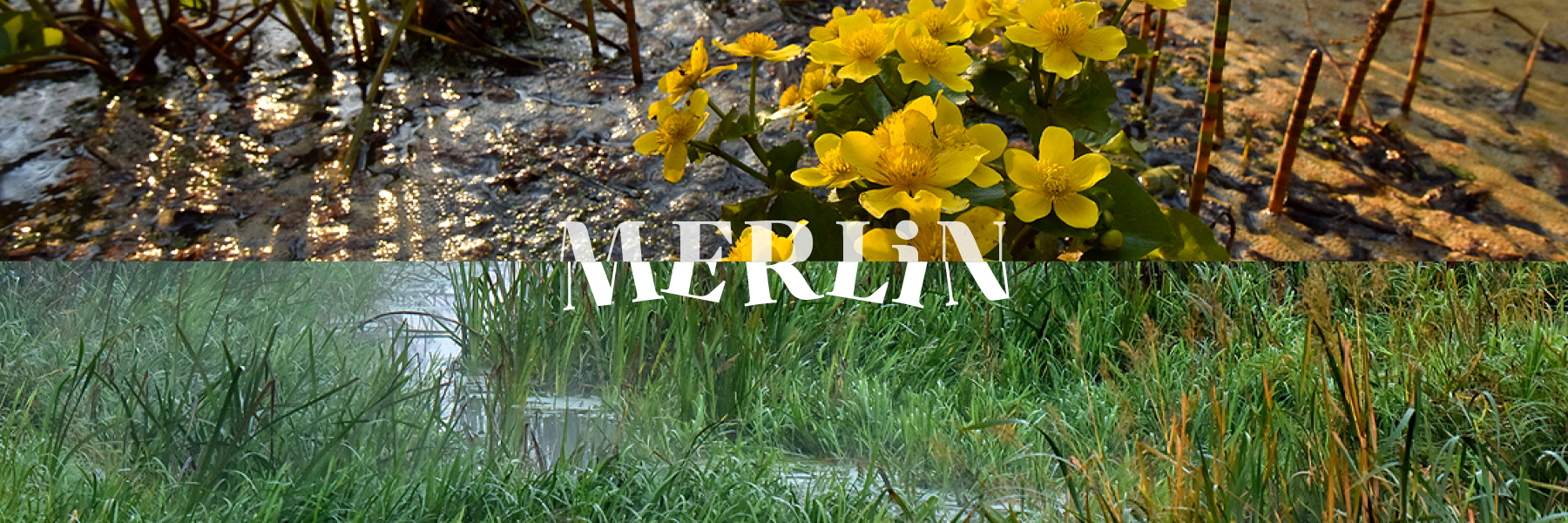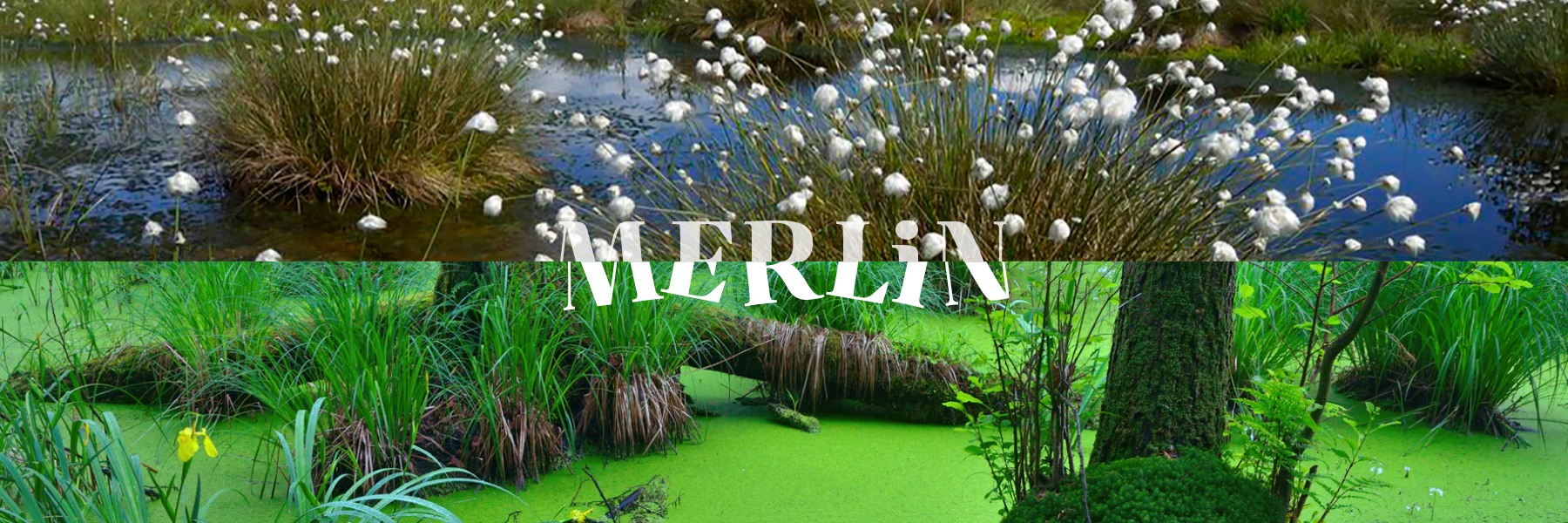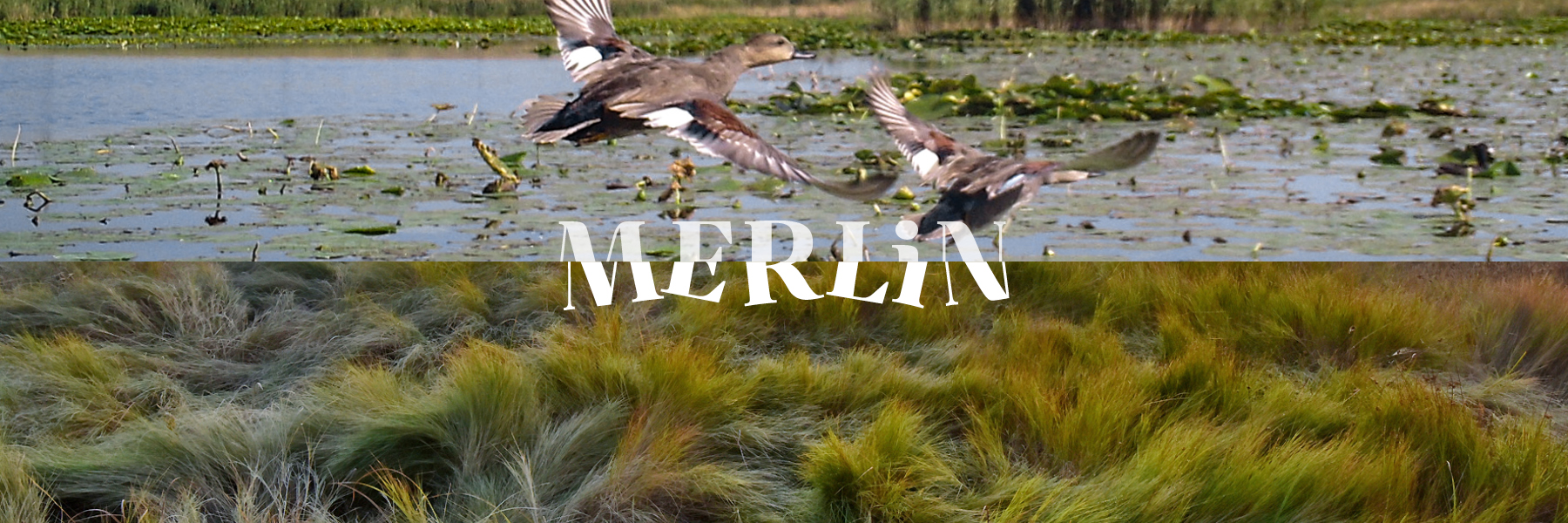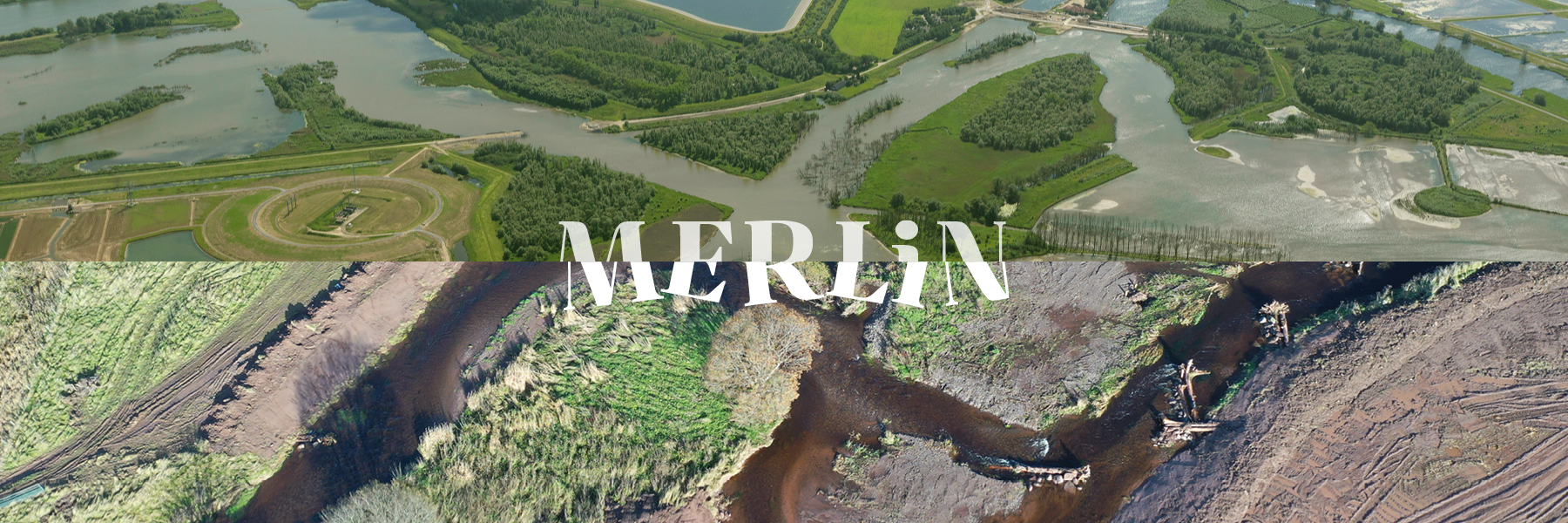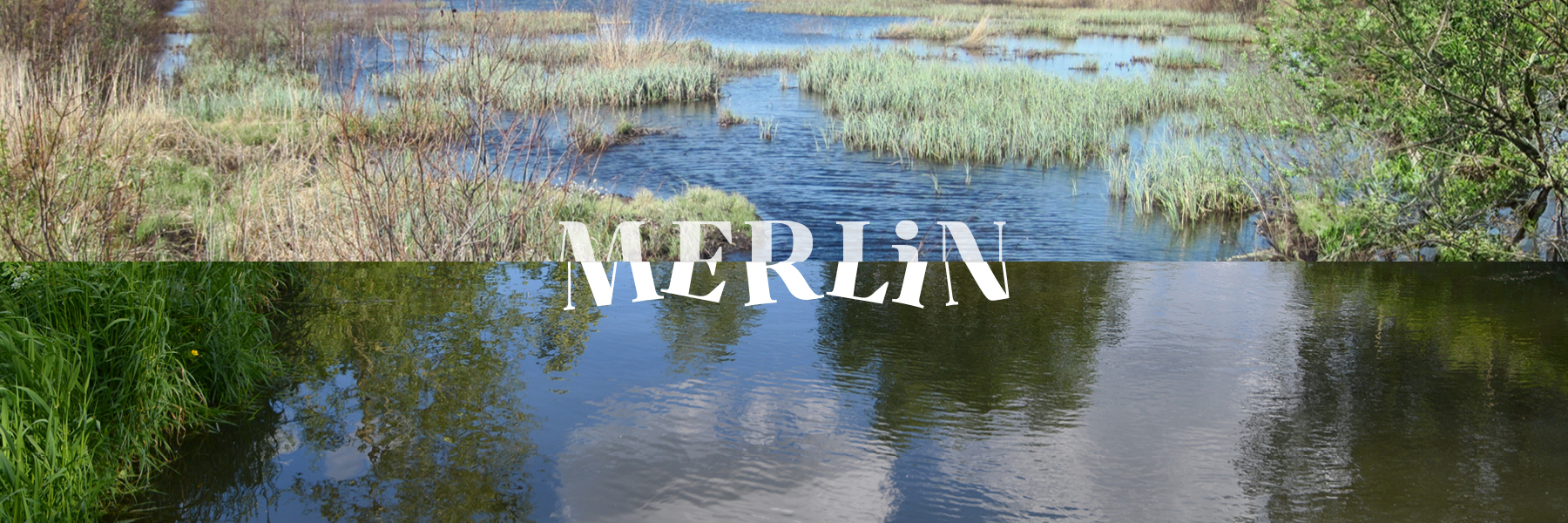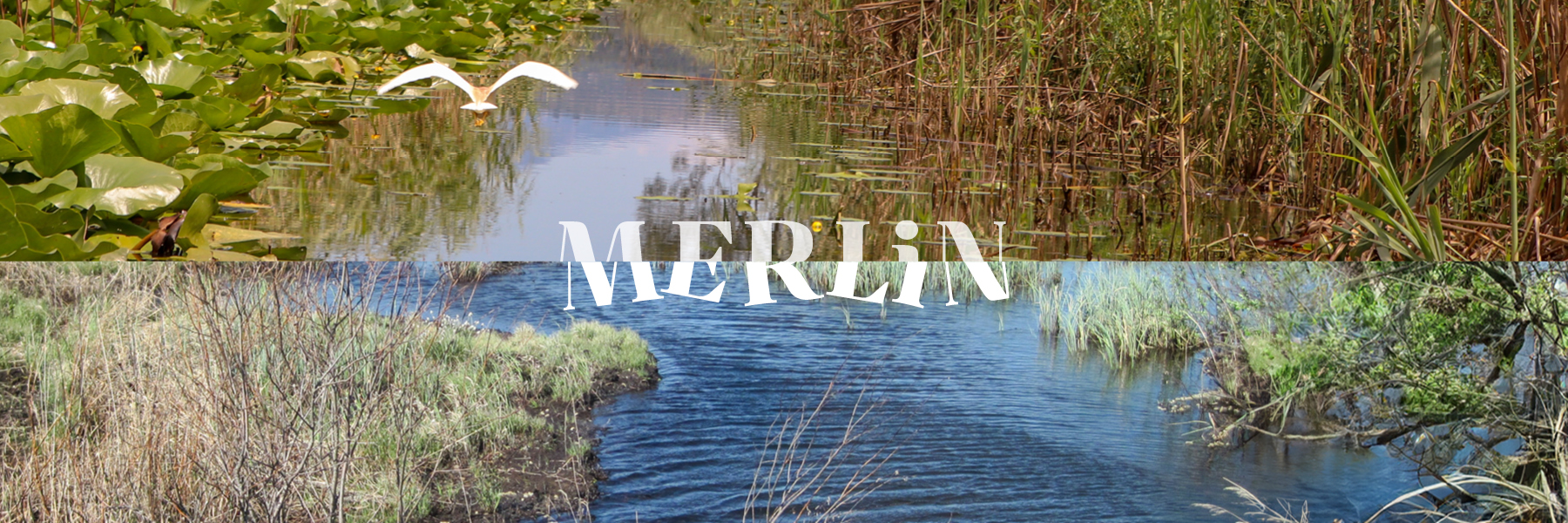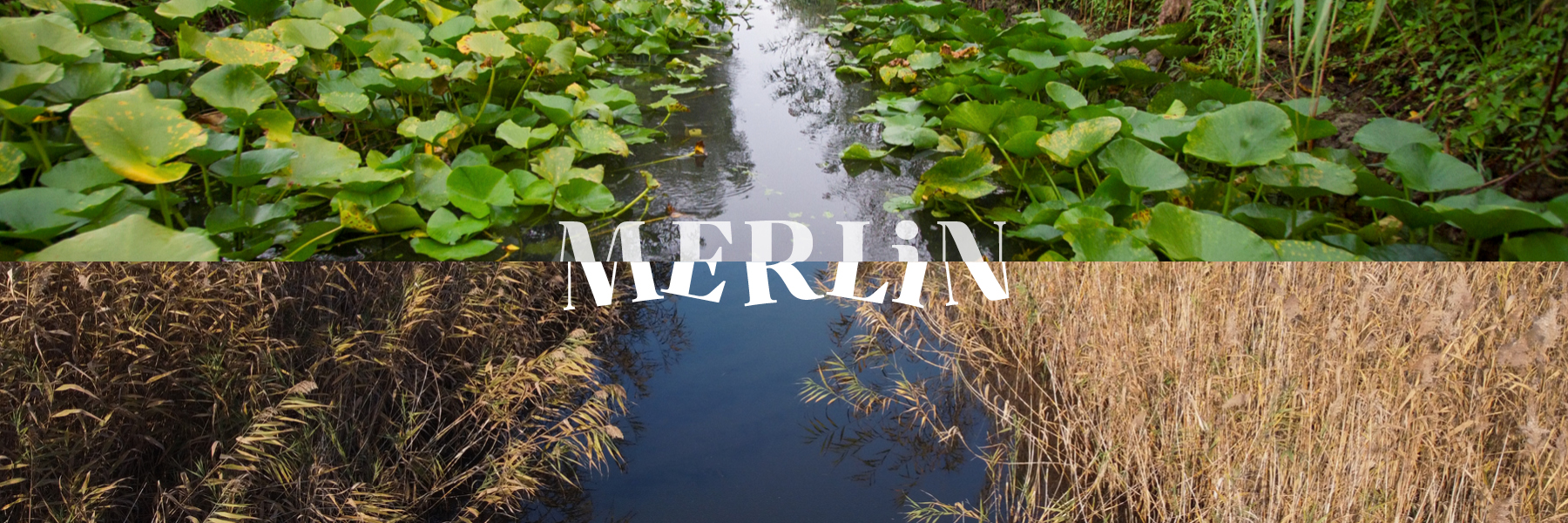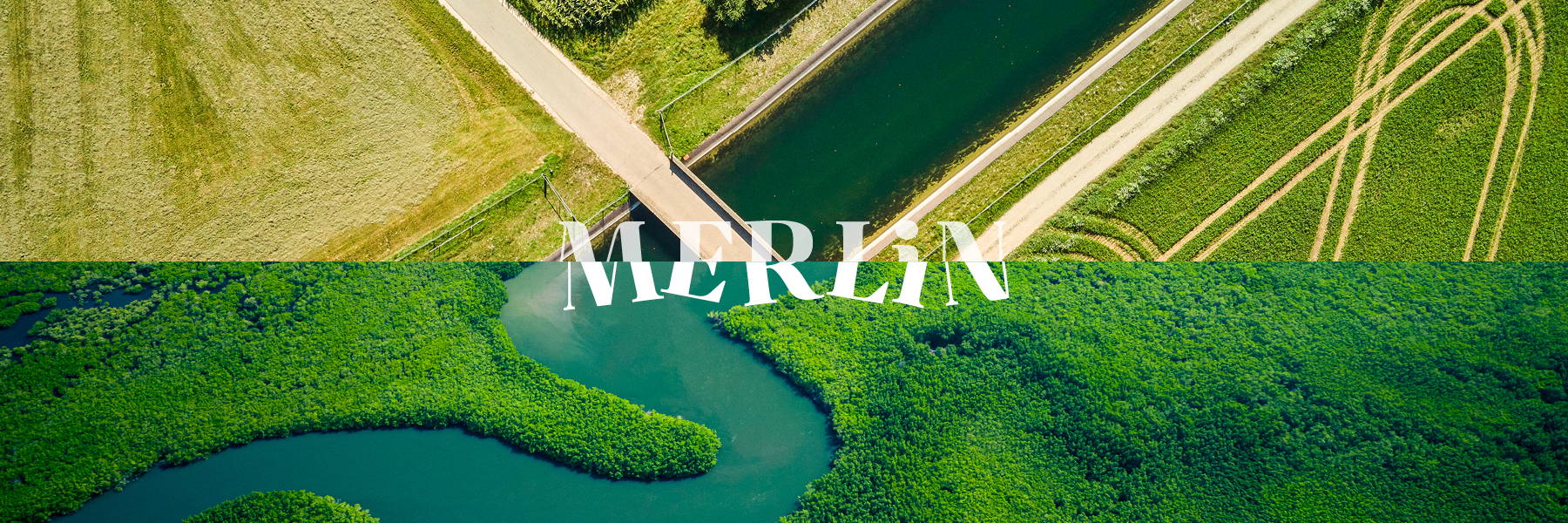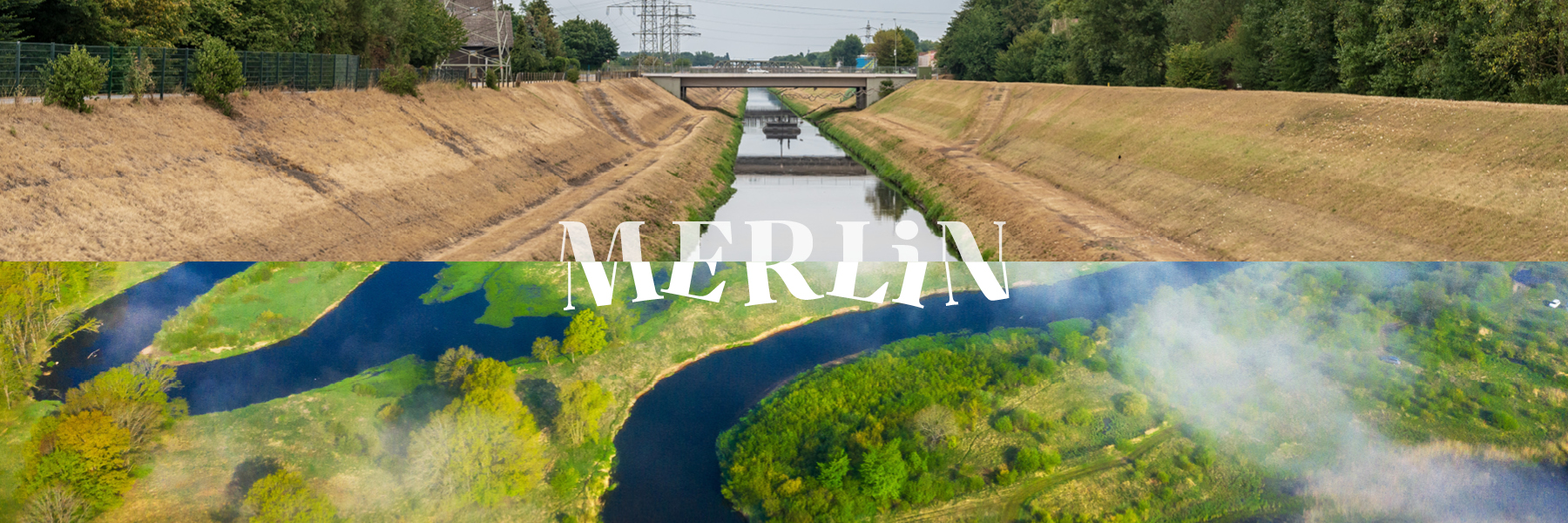Policy briefs
Comments on the draft Nature Restoration Law

compiled by the EU-funded projects MERLIN, REST-COAST, SUPERB, WaterLANDS and PONDERFUL
Five large EU-funded research projects, all operating at the science-policy interface, jointly analysed the text of the draft Nature Restoration Law. The involved projects include the four projects funded under the Green Deal (Horizon2020) Area 7 topic “Restoring biodiversity and ecosystem services”, and represent 168 institutions working at the interface of environmental science, application and policy.
The recommendations listed below result from a science-policy workshop hold in Brussels on 25th November 2022 that was organised by the Research Executive Agency of the European Commission and DG R&I, and attended by the project coordinators and by representatives of EEA, JRC, DG-ENV, DG-AGRI, DG-MARE, DG-REGIO and DG-CLIMA.
Ecosystem restoration and nature-based solutions: how do they differ and why does it matter?

Awareness of the need to restore Earth’s ecosystems has become increasingly mainstreamed in recent years. The UN Decade on Ecosystem Restoration began in 2021, marking the start of increased efforts to halt the degradation of global ecosystems, and restore them to mitigate the effects of climate change and stop the collapse of biodiversity.
More recently still, the concept of nature-based solutions has entered the global environmental conversation. Nature-based solutions aim to manage natural processes to bring benefits to both people and ecosystems. For example, planting native forests in watersheds can help naturally filter water supplies, and reintroducing beavers can create the floodplain environments which buffer flooding.

